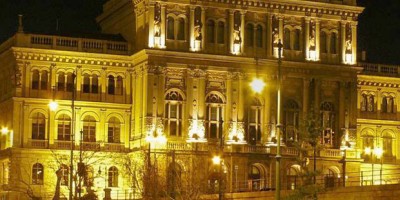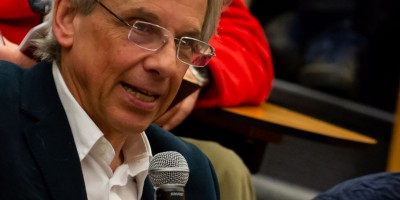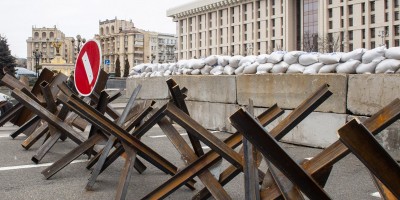
Hungarian Academy of Science reform
the aim is centralized control of science, say researchers
Folksy definitions describe democracy as “rule of the people“. “Free” and “fair” elections, in fact, are a necessary but not a sufficient condition for its preservation. More robust definitions, therefore, demand also the existence of liberal institutions: state power is split between multiple bodies which can challenge one another (checks and balances) and civil service is independent, everyone is accountable to impartially applied laws (rule of law), individual rights like freedom of speech and the press are guaranteed. Preservation of norms that ensure the state and the ruling party do not coalesce in one is an expression of a simple quid pro quo pursued by the players competing for political power: each agrees to protect the others’ rights in exchange for the recognition of entitlement to govern if they win an election.
This emphasis on liberal institutions reflects the contemporary dominant trend which is the hybridization of regimes. Between 1989 and 2019, electoral autocracy has been by far the fastest-growing regime type, now characterizing 67 countries according to V-Dem, the most rigorous project tracking the quality of democracy globally. The EU, too, now has its first non-democratic member, Hungary. At the same time, many self-serving rascals experience sizeable pushbacks: in 2019, citizens staged mass protests in 34 autocracies.

the aim is centralized control of science, say researchers

says Attila Chikán, a minister from the first Orbán’s government, about Hungary’s competitive autocracy. In a long interview with Datalyrics, he also talks about binarity and the reluctance of those who share a similar ideology to call out a fellow’s foul.

eminent conservative Christian intellectuals in the West look to new illiberal regimes for succour. Their disappointment is inevitable, COMMENTS Alexander Faludy.

Datalyrics replies to a defamation of non-profit's esteemed partners by the Chief editor of Lidové noviny, once a samizdat newspaper today practically owned by Czech PM Andrej Babiš

the deepest root of the invasion of Ukraine lies in the Russian failure to democratize, COMMENTS Michael Ignatieff